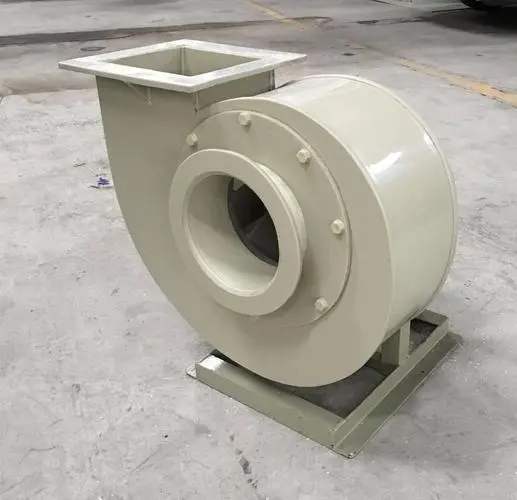tensile testers
Understanding Tensile Testers Essential Tools for Material Analysis
Tensile testers are vital instruments widely used in materials science and engineering to evaluate the mechanical properties of various materials. They measure how a material reacts to controlled tension until it breaks, providing critical data about its strength, ductility, and overall performance. This article explores the significance of tensile testing, the operation of tensile testers, and their applications across different industries.
The tensile test primarily assesses two fundamental properties of materials tensile strength and elongation. Tensile strength refers to the maximum amount of tensile (stretching) stress that a material can withstand before failure occurs. Elongation, on the other hand, measures how much a material can stretch before it breaks, indicating its ductility. By understanding these properties, engineers and designers can select the appropriate materials for specific applications, ensuring safety and performance.
A tensile tester operates by gripping a sample of the material and applying a controlled load along its length. As force is applied, various parameters are monitored, including the amount of force, displacement, and the corresponding strain (deformation) on the material. The data collected during this process is typically represented in a stress-strain curve, which graphically depicts the relationship between stress (force per unit area) and strain (deformation relative to original length). This curve is essential for analyzing how the material behaves under stress, showcasing key points such as yield strength, ultimate tensile strength, and breaking point.
tensile testers

Tensile testers come in various forms, from simple handheld devices to advanced, computerized machines capable of performing complex analyses. Modern tensile testing machines can automatically adjust the speed of the test, apply varying loads, and collect data in real-time, facilitating precise results and reducing human error. Additionally, many machines integrate software that allows for thorough data analysis, making it easier for engineers to interpret results for research and development purposes.
The applications of tensile testers span numerous industries, including construction, aerospace, automotive, and manufacturing. In the construction sector, for instance, tensile testing ensures that materials like steel and concrete meet safety and performance standards. In the aerospace industry, where material integrity is crucial, tensile tests play a critical role in the selection and certification of components used in aircraft and spacecraft.
Moreover, the rise of new materials, such as composites and alloys, has increased the demand for advanced tensile testing. Researchers utilize tensile testers to explore innovative materials that can offer improved performance and durability, pushing the boundaries of what's possible in engineering and technology.
In conclusion, tensile testers are indispensable tools in the assessment of material properties. By providing essential data on tensile strength and ductility, these devices help engineers make informed decisions that enhance safety, performance, and innovation across a multitude of industries. As technology evolves, the capabilities of tensile testing will continue to expand, ensuring that materials meet the ever-increasing demands of modern applications.
-
Why the Conductor Resistance Constant Temperature Measurement Machine Redefines Precision
NewsJun.20,2025
-
Reliable Testing Starts Here: Why the High Insulation Resistance Measuring Instrument Is a Must-Have
NewsJun.20,2025
-
Flexible Cable Flexing Test Equipment: The Precision Standard for Cable Durability and Performance Testing
NewsJun.20,2025
-
Digital Measurement Projector: Precision Visualization for Modern Manufacturing
NewsJun.20,2025
-
Computer Control Electronic Tensile Tester: Precision and Power for the Modern Metal Industry
NewsJun.20,2025
-
Cable Spark Tester: Your Ultimate Insulation Assurance for Wire and Cable Testing
NewsJun.20,2025
 Copyright © 2025 Hebei Fangyuan Instrument & Equipment Co.,Ltd. All Rights Reserved. Sitemap | Privacy Policy
Copyright © 2025 Hebei Fangyuan Instrument & Equipment Co.,Ltd. All Rights Reserved. Sitemap | Privacy Policy
